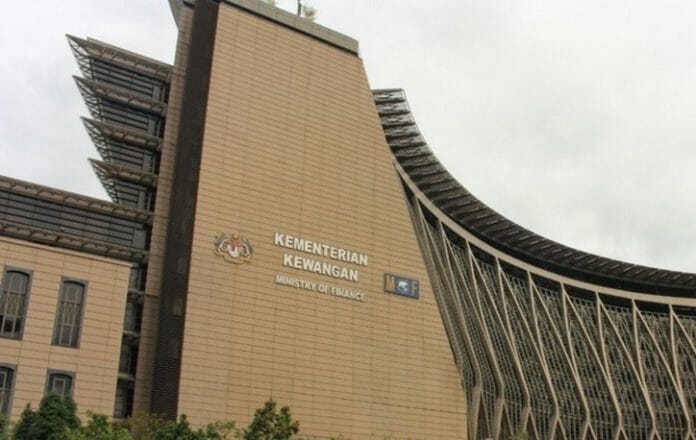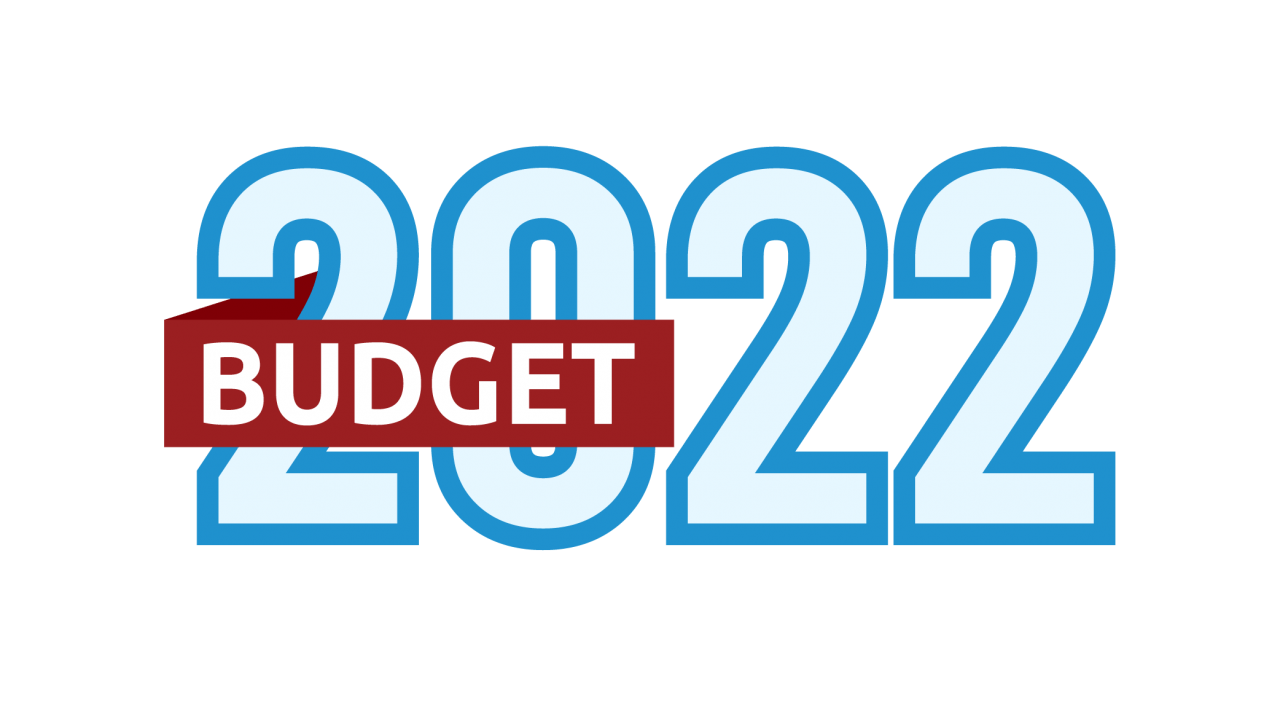By Lee Heng Guie, Executive Director, SERC
The Minister of Finance of Malaysia is expected to hand down a “Secure, Accelerate, and Rebuild” 2022 Budget on 29 October 2021 amidst still lurking virus spread and external uncertainties. Under the National Recovery Plan, the economy has reopened in stages with some relaxation of movement restrictions, raising hopes for picking-up in economic and business activities in 4Q 2021.
The uneven global recovery remains subject to downside risks. Many countries still race against time to vaccinate as the highly contagious deadlier Delta variant spreads faster. The global economy is estimated to pace slower to 4.9% in 2022 from +6.0% in 2021; international trade to grow by 7.0% in 2022 (+9.7% in 2021), and Brent crude oil price holds steady (US$63 per barrel in 2022 vs. US$65 in 2021). Stagflation concerns and the uncertain future path of monetary policy and tapering of assets purchase in some advanced economies would trigger higher volatility in both the financial and foreign exchange markets.
Malaysia is still mired in an uneven economic recovery. There is growing divergence across sectors; some businesses still struggling and the jobless rate remains high at 4.8% in July. As we rebuild our shattered domestic economy, Budget 2022’s priorities must be framed to continue to keep our country safe from living with the COVID-19 flu-like endemic; accelerate the recovery and reconstruct from the deep economic scarring.
The immediate priorities are to rebuild and sustain public confidence and trust. Along with the ongoing vaccination, we must maintain a high preparedness to ensure sufficient intensive-care capacity in hospitals to cope with the pandemic as we move into living with the virus in the endemic phase, probably in October 2021.
Next, to facilitate and secure the economic and business recovery with more emphasis on broader fiscal and financial supports for affected households and firms, supporting the reallocation of labour and capital to growing sectors through targeted hiring subsidies, jobs creation, and retraining as well as financing mechanisms.
Finally, to invest in the future, by accelerating digitalisation and technology and automation, boosting productive capacity and productivity as well as competitiveness, accelerating the transition towards green and environmental growth as well as Environment, Social and Governance (ESG) best practices, and ensuring the economic gains are equitably shared as outlined in the Shared Prosperity Vision 2030.
How large will be the total allocation for the 2022 Budget? We have had the largest ever total allocation of RM322.5 billion or 20.6% of GDP for Budget 2021, of which RM69.0 billion or 21.4% of the total national budget. An RM27.0 billion Special COVID-19 Fund was established for the funding of the COVID-19 related financial relief and assistance programs.
The 2022 Budget’s total expenditure allocation is expected to be lower at around RM310.0 billion, of which RM60-65 billion is for development expenditure. The Special COVID-19 Fund is expected to be lower at RM20.0 billion due to lower allocation as well as some non-recurrence of the one-off large financial assistance programs in 2020-2021. We estimate an overall budget deficit between -5.5% and -6.0% of GDP in 2022 (estimated between -6.5% and -7.0% in 2021).
Federal revenue collection is projected to recover moderately in 2022 in tandem with the projected economic recovery, improvement in business profit and households’ income while the collection of sales and service tax (SST) will be supported by the pick-up in consumer spending and tourism-related spending in accommodation, food, and beverages.
Steady Brent crude oil prices estimated at US$65-70 per barrel will help to keep petroleum income tax stable while PETRONAS dividend is expected to remain substantial at RM25 billion in 2022. An estimated between RM500.0 million and RM2.5 billion investment income contribution would come from Khazanah Nasional Berhad, Bank Negara Malaysia, and some Government-linked Companies (GLCs).
The overall net financing of the 2022 Budget will largely tap from domestic sources. The federal government’s debt ceiling will be raised to 65% of GDP from 60%, allowing fiscal space to meet contingency expenditure to support a firmer economic recovery. Fiscal expenditure and actions should be nested within a credible medium-term fiscal stability framework to ensure that fiscal deficit and debt remain sustainable.
This is part one of the Expectations For The 2022 Budget: Secure, Accelerate And Rebuild article.










